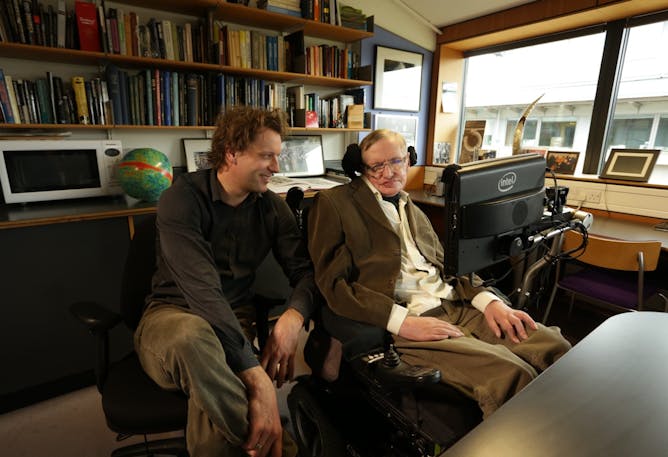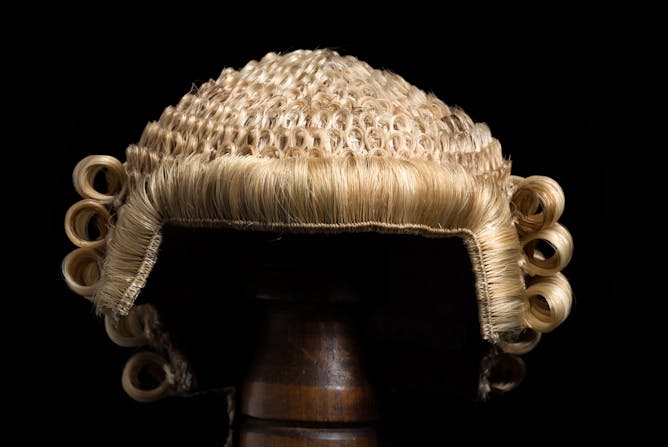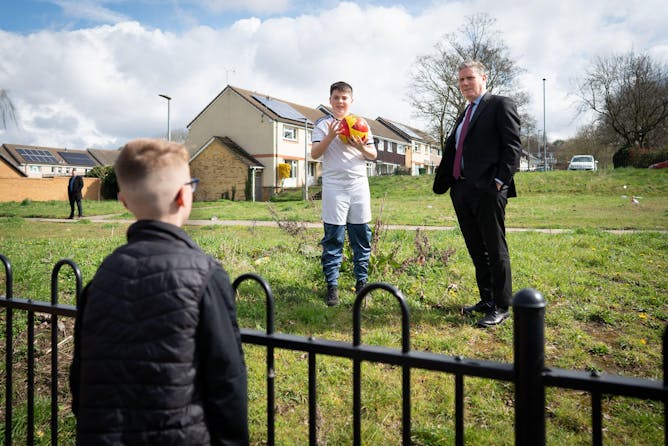|
The universe seems suspiciously hospitable to life. If you tweaked the strength of its forces or the amount of matter and energy, life most likely couldn’t exist. But why are the laws of physics so convenient for us? Were they ultimately created by a designer?
These were questions Stephen Hawking set out to answer in collaboration with physicist Thomas Hertog in 1998. And after working on the problem for two decades, they eventually managed to find an answer, Hertog explains in an article.
The theory is based on the strange rules of quantum mechanics, which rule nature on the scale of atoms and particles. It also takes the perspective of an observer existing within the universe, rather than outside it – as physical theories usually do. By using this approach and looking backwards in time, Hertog and Hawking discovered that the laws of physics could actually have changed and evolved randomly over time – no need for a designer.
Meanwhile, research suggests that judge-only rape trials – as being proposed in Scotland – won’t necessarily boost conviction rates. And interviews conducted with red-wall voters show they want more than tough talk and flag waving – the Labour party should take note.
Thank you very much to our readers who have donated – your support is hugely appreciated. If you haven't, and are able to, please consider becoming a Friend of The Conversation by making a donation today. Your support helps us bring expertise on a wide range of topics to more readers worldwide.
Donate
|

|
Miriam Frankel
Science Editor
|
|

Hawking and the author.
Photograph: Thomas Hertog and Jonathan Wood
Thomas Hertog, KU Leuven
The enigma at the centre of our 20-year collaboration was how the Big Bang could have created conditions so perfectly hospitable to life
|

Shutterstock
Lee John Curley, The Open University; James Munro, The Open University
A Scottish pilot will see rape trials conducted without juries in what could set a dangerous precedent.
|

Keir Starmer talks to children in Scunthorpe.
Alamy/PA/Stefan Rousseau
James Morrison, University of Stirling
Labour strategists seem determined to cast Starmer as the sensible ‘adult in the room’, but in order to win lost areas he needs to be much more radical than that.
|
Politics + Society
|
-
Balki Begumhan Bayhan, Coventry University
Opposition candidate Kemal Kılıçdaroğlu is looking he might end the leadership of Recep Tayyip Erdoğan in the upcoming election.
-
Steven Wagner, Brunel University London
A series of poor decisions in the face of Jewish manoeuvring led to the end of the British mandate in Palestine and the creation of the Israeli state.
-
Tim Luckhurst, Durham University
British media coverage of the creation of the state of Israel reflected the concerns of the government at the time.
-
David Mead, University of East Anglia
An expert on protest law explains what the arrests of anti-monarchy activists tell us.
-
Frank Ledwidge, University of Portsmouth
The author was part of a delegation to Kyiv of military, intelligence and diplomatic experts. Here are his impressions.
-
Anne P. DePrince, University of Denver
Trump’s lawyers questioned E. Jean Carroll, a magazine columnist, about why she did not scream or call the police after, she alleged, Trump sexually assaulted her in the 1990s.
-
Ayesha Jalal, Tufts University
Protests took hold across Pakistan following the detention of the opposition leader and former cricket star – raising tensions in an election year.
|
|
Arts + Culture
|
-
Natalee Garrett, The Open University
There are many areas in the show where historical fact is sacrificed on the altar of artistic license, but glimmers of the real Queen Charlotte shine through.
-
Robyn Dowlen, University of Manchester
At the Centre for Cultural Value, we have spent the past two years exploring research to learn about the impact of culture on health and wellbeing.
|
|
Business + Economy
|
-
Steven McCabe, Birmingham City University
A long-term view on building up British business is key to showing the UK is ‘open for business’.
|
|
Health
|
-
Wendy Masterton, University of Stirling; Hannah Carver, University of Stirling; Tessa Parkes, University of Stirling
Nature-based programmes are a way to support people with drug and alcohol problems at a time when health problems related to substance use are rising.
-
Heather Massey, University of Portsmouth; Clare Eglin, University of Portsmouth; Mike Tipton, University of Portsmouth
From depression to muscle soreness: what are the potential benefits of cold water therapy?
|
|
Science + Technology
|
-
Kay Ritchie, University of Lincoln; Katie Gray, University of Reading
Research suggests that photo ID checks at polling stations risk voters being turned away because of errors.
|
|
|
|
| |
|
|
|
|
| |
| |
| |
| |
| |
|
|